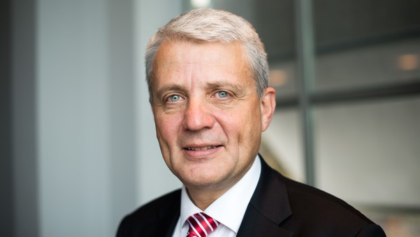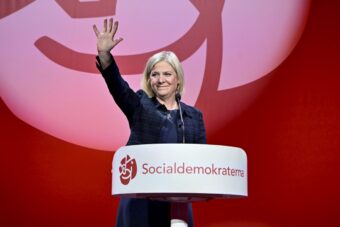
Although the Nordic trust has developed over many decades, or even centuries, through various historical processes, it is not a resource that can be taken for granted. Trust in the Nordic region is currently facing many challenges. Nordisk Ministerråd (Nordic Council) begin by examining what a society risks losing if social trust declines. On a matter of principle, people may perceive that other citizens are ‘free riders’, making it difficult to maintain common norms, and the individual is less inclined to contribute to society. This report has been written by Ulf Andreasson of the policy analysis unit at the Secretariat to the Nordic Council of Ministers. It is part of a report series that will aim to highlight current issues that are important from a Nordic perspective, says Dagfinn Høybråten Secretary General, Nordic Council of Ministers to Nordic News.
Logic of Social Trap
Bo Rothstein, professor at the University of Gothenburg, has called this relationship the logic of the social trap. He exemplifies what is at risk if social trust declines: the individual finds it less meaningful to pay tax, use the social insurance systems appropriately, sort their waste, respect laws, and not accept corruption. In many ways, the effects of reduced social trust are the opposite of the long-term benefits discussed earlier. Citizens are less happy when the economy is weak, which also has a negative impact on the functioning of society, with a risk of greater criminality and greater difficulties in maintaining parts of the democratic base. Perhaps the most dangerous feature here is that people who have lost trust in each other will find it hard to recreate it, even if they are aware that everyone would benefit from increased collaboration.
Low Corruption
What specific challenges are facing the Nordic societies? Some of them can be linked to increasing heterogeneity in the Nordic societies, caused by, for example, increased economic differences, immigration and political polarisation. One completely different challenge is corruption. In a global perspective, the Nordic region is characterised by a low level of corruption. However, if the trust in the Nordic societies in recent years has largely deepened through a perceived low level of corruption in authorities, the causal relationship can easily tip in the other direction; small increases in corruption can have significant negative effects on the
social trust. One way of expressing this is that the more people we believe are
corrupt, the greater the likelihood that they are corrupt.
Increase in Trust
The increase in trust in the Nordic region has much to do with the perceived fairness of the actions of societal institutions. Perceived fairness can wane, not only because of increased corruption, but probably also because decisions made may not be regarded as legitimate, for example if public authorities do not use tax
revenues appropriately. If the Nordic countries were to be hit by high and long-term unemployment, this could
affect social trust. This is largely linked to possible increased economic differences in society. This report has emphasised the key importance of the Nordic associations in generating social trust. It is beyond the scope of this text to investigate the extent to which the association culture in the Nordic region has declined in recent years,
or the extent to which it is under threat. However, if the association culture is declining, this is not only a loss for the associations as such, but also something that can have a negative effect on the long-term level of trust in society, because the associations help to hold together the social norms of trust and respect. Some of the challenges facing Nordic trust have been highlighted. It is important to take these challenges seriously but, at the same time, it is important to retain a sense of balance. Most of the challenges are not new, and have existed for the past few decades. Despite this, overall social trust continues to increase in the Nordic societies, writes Nordisk Ministerråd.



